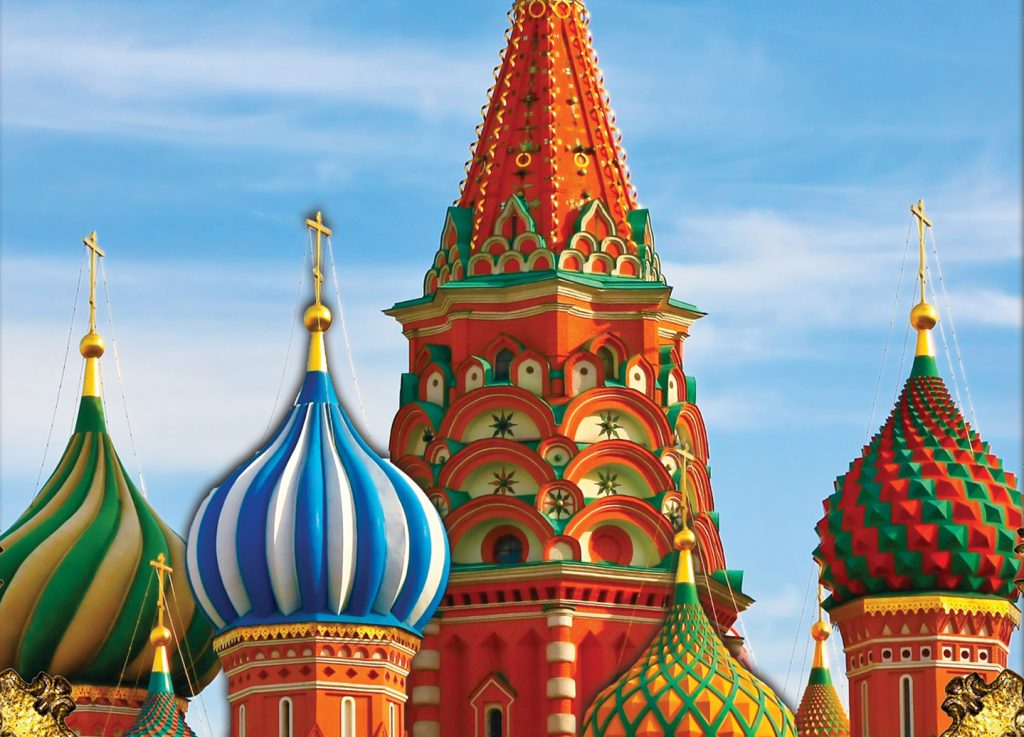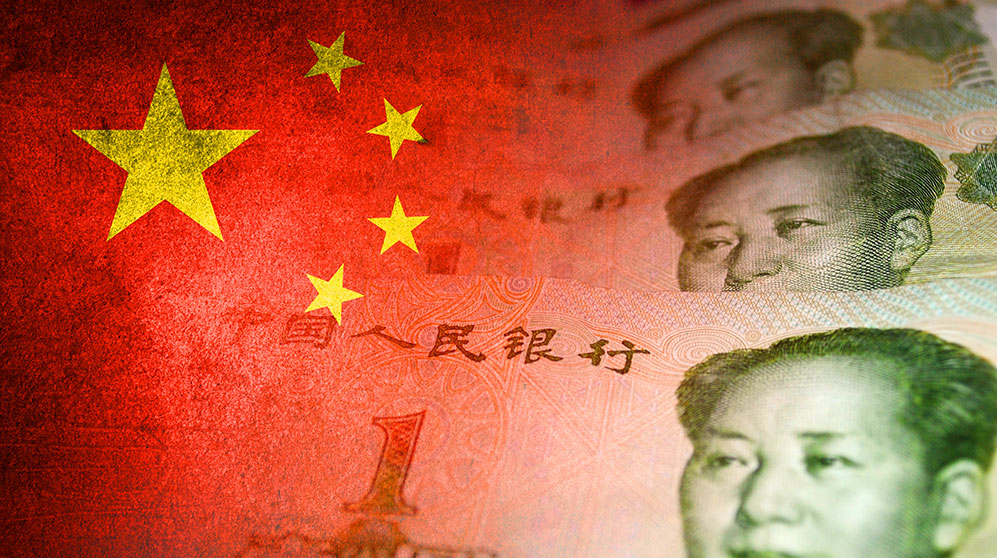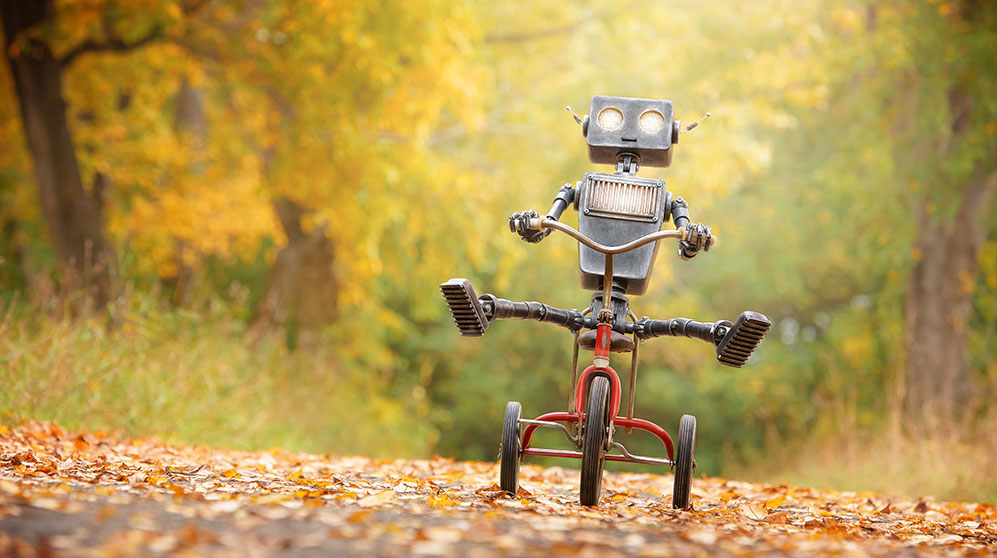From Cold War to Hot Peace: US & Russia Relations
• 4 min read
- Brief: Global Economy

Get the Latest Research & Insights
Sign up to receive an email summary of new articles posted to AMG Research & Insights.

Are diplomatic relations between the United States and Russia better or worse than at the height of the Cold War? Worse, if you listen to Russian leader Vladimir Putin and President Donald Trump, former U.S. Ambassador Michael McFaul said on September 10th at a WorldDenver event in the Dome at AMG in Greenwood Village, Colorado.
Relations are indeed bad and deteriorating, acknowledged McFaul, who served as ambassador to Russia from 2012-2014, but they are nowhere near as ominous as they were in the 1950s and 1960s when each side had 50,000 nuclear weapons pointed at the other. “I was scared to death as a kid… I was worried our governments were going to blow up the world,” McFaul said, noting that many young people today don’t even know what the Cold War was. “It was a very scary, scary time.”
Speaking to a crowd of 200, McFaul’s presentation was organized by WorldDenver, a nonprofit organization that promotes a deeper understanding of world events and cultures through the International Visitors Leadership Program, partially funded by the U.S. State Department, that brings roughly 600 visitors to Colorado annually and stages presentations by expert speakers.
The ambassador, who now teaches at Stanford University, first traveled to Russia as a college student in 1983 as part of a study abroad program. His career as a scholar and diplomat has focused on the former communist nation. McFaul’s 2018 book From Cold War to Hot Peace details his life experiences with Russia and its complicated relationship and history with the United States.
“The good news is we are not in a quantitative nuclear-arms race,” McFaul said. “The bad news is… the qualitative race is still on.” For example, he noted, Russia is developing a nuclear weapon that could travel through the ocean and detonate off the coast, causing tidal waves of devastation inland. And Russia is becoming even more politically bold and brazen. In recent years, the Russian government annexed the Crimea, invaded eastern Ukraine, sent assassins overseas to kill opponents and interfered in the U.S. presidential election. “Even the most thuggish communist party officials did not try that during the Cold War,” McFaul said.
Since the collapse of the communist government in late 1991, diplomatic relations with Russia had waxed and waned but had been generally improving over the ensuing two decades. So why has it changed? The main reason is simple, McFaul contended. Putin.
“Putin sees the world in zero-sum terms, not win-win outcomes,” McFaul said of the former KGB agent. “He sees us as a competitor most days… and on his bad days, and he has a lot of bad days, we’re the enemy. “ He believes the United States of America supports regime change… overt and covert regime change.”
That was certainly true in the Iraq War, the fall of communism in Europe and many other instances in history, McFaul acknowledged, but Putin blames America for everything this decade: the Arab Spring uprisings, mass demonstrations in Georgia and Ukraine, the failure of his economic policies, and opposition protests within Russia. The United States did not do those things, McFaul emphatically contended, “but Putin’s view was the hand of America was behind this stuff.”
The Russian leader, McFaul said, portrays himself as a conservative force of nationalism, opposing liberal Western democracies seeking to shape the world order in their favor. Putin was Russia’s president from 2000 until 2008, and then served four years as prime minister before once again being elected president in 2012. McFaul pointed out that the period from 2009 to 2011, while Dmitry Medvedev was president, was a time of relative cooperation with Russia. McFaul helped negotiate a 2010 treaty with Russia that reduced the global stockpile of nuclear weapons by 30%. “That suggests that a different leader at a different time might have a different attitude toward us,” McFaul said.
“The bad news is that Vladimir Putin (66 years old) was just re-elected last year. He’s got a six-year term, and the guy works out three hours a day. I think he’ll be around for a long, long time.”
To learn more about WorldDenver and its programs, go to https://worlddenver.org.
This information is for general information use only. It is not tailored to any specific situation, is not intended to be investment, tax, financial, legal, or other advice and should not be relied on as such. AMG’s opinions are subject to change without notice, and this report may not be updated to reflect changes in opinion. Forecasts, estimates, and certain other information contained herein are based on proprietary research and should not be considered investment advice or a recommendation to buy, sell or hold any particular security, strategy, or investment product.
Get the latest in Research & Insights
Sign up to receive a weekly email summary of new articles posted to AMG Research & Insights.


